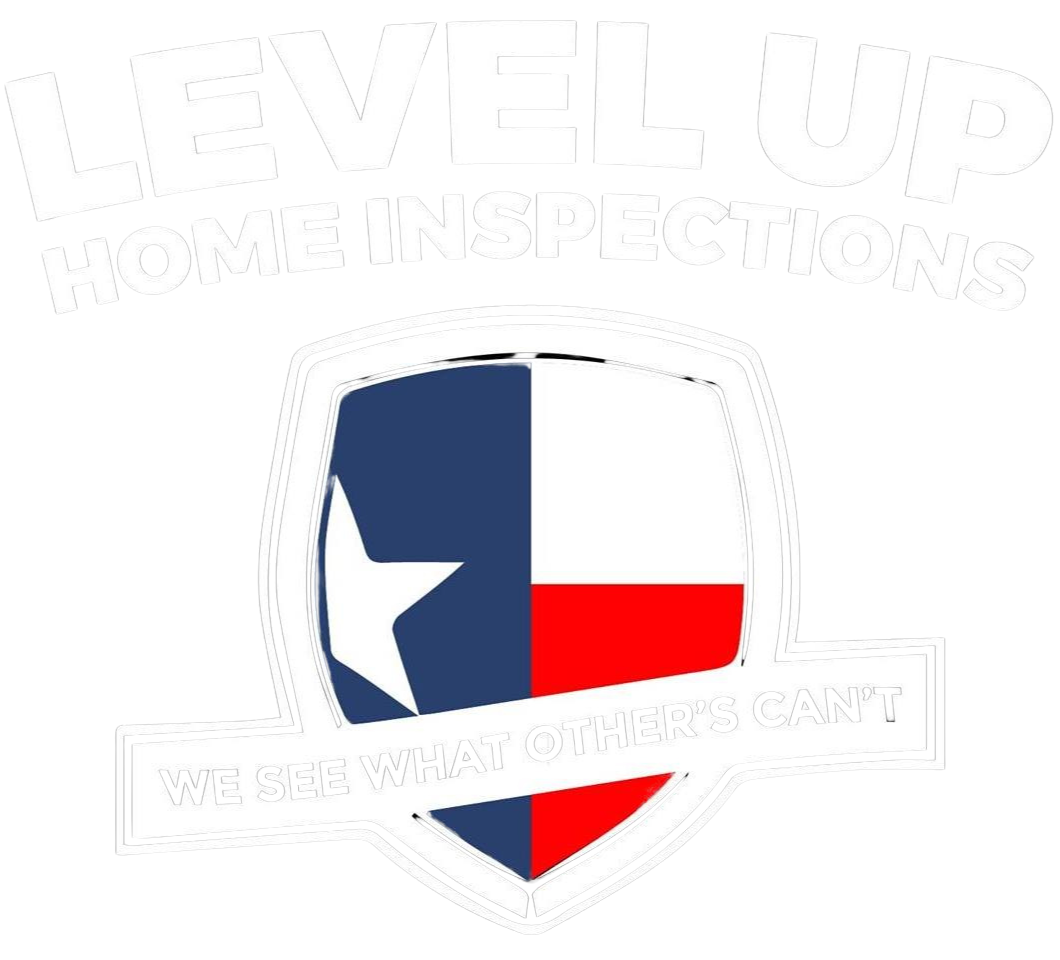In the bustling real estate market of Dallas-Fort Worth (DFW), ensuring that every aspect of a home is in good condition is crucial for both buyers and sellers. One often overlooked but critical component of a comprehensive home inspection is the sewer scope inspection. This specialized inspection can reveal hidden issues within a home’s sewer line that could lead to costly repairs if not addressed. Here’s why sewer scope inspections are essential and what you need to know about them.
What is a Sewer Scope Inspection?
A sewer scope inspection involves using a specialized camera on a flexible, waterproof rod to inspect the interior of a home’s sewer line. This camera is inserted into the sewer line through an access point, typically a cleanout, and is then navigated through the pipes to capture real-time video footage. The images are displayed on a monitor, allowing the inspector to assess the condition of the sewer line and identify any potential problems.
Why Are Sewer Scope Inspections Important?
**1. Uncover Hidden Problems
Sewer lines are often out of sight and out of mind, leading many homeowners to overlook potential issues until they become major problems. A sewer scope inspection can uncover hidden issues such as clogs, tree root intrusion, cracks, or pipe damage that might not be visible during a standard home inspection. Identifying these problems early can save homeowners from costly repairs and disruptions in the future.
**2. Prevent Costly Repairs
Addressing sewer line issues before they become serious problems can save homeowners significant amounts of money. Major sewer line repairs or replacements can be extremely expensive, often running into thousands of dollars. A sewer scope inspection helps identify potential problems early, allowing for timely repairs that are generally more affordable than extensive damage control.
**3. Ensure Proper Functioning
A sewer scope inspection ensures that the sewer system is functioning properly. This is particularly important for homes with older sewer lines, as they are more prone to issues such as deterioration or damage over time. Ensuring that the sewer system is in good working order provides peace of mind and helps maintain the overall integrity of the home.
**4. Avoid Unpleasant Surprises
Sewer line problems can lead to unpleasant situations such as backups, blockages, and foul odors. These issues can disrupt daily life and cause significant inconvenience. By having a sewer scope inspection performed before purchasing a home, buyers can avoid these unpleasant surprises and ensure that the sewer system is functioning correctly.
**5. Assessing the Risk for Buyers
For prospective buyers in the DFW area, a sewer scope inspection is a valuable tool for assessing the condition of the sewer system. In a competitive market, having this inspection can provide an edge by identifying potential issues that may influence the decision to proceed with the purchase or negotiate repairs.
What to Expect During a Sewer Scope Inspection
During a sewer scope inspection, the inspector will:
- Access the Sewer Line: The inspector will locate and access the sewer cleanout, which is typically found in the yard or basement.
- Insert the Camera: The camera is carefully inserted into the sewer line through the cleanout, and its progress is monitored on a screen.
- Inspect the Sewer Line: The inspector will navigate the camera through the sewer line, looking for signs of damage, blockages, or other issues.
- Provide a Report: After the inspection, the inspector will provide a detailed report, including video footage and recommendations for any necessary repairs or maintenance.
Conclusion
In the DFW area, where real estate transactions can be highly competitive, a sewer scope inspection is an essential step in the home inspection process. It provides valuable insights into the condition of a home’s sewer line, helps prevent costly repairs, and ensures that the sewer system is functioning properly. Whether you’re buying, selling, or simply maintaining your home, a sewer scope inspection offers peace of mind and can safeguard against potential problems that could impact your property’s value and functionality.

